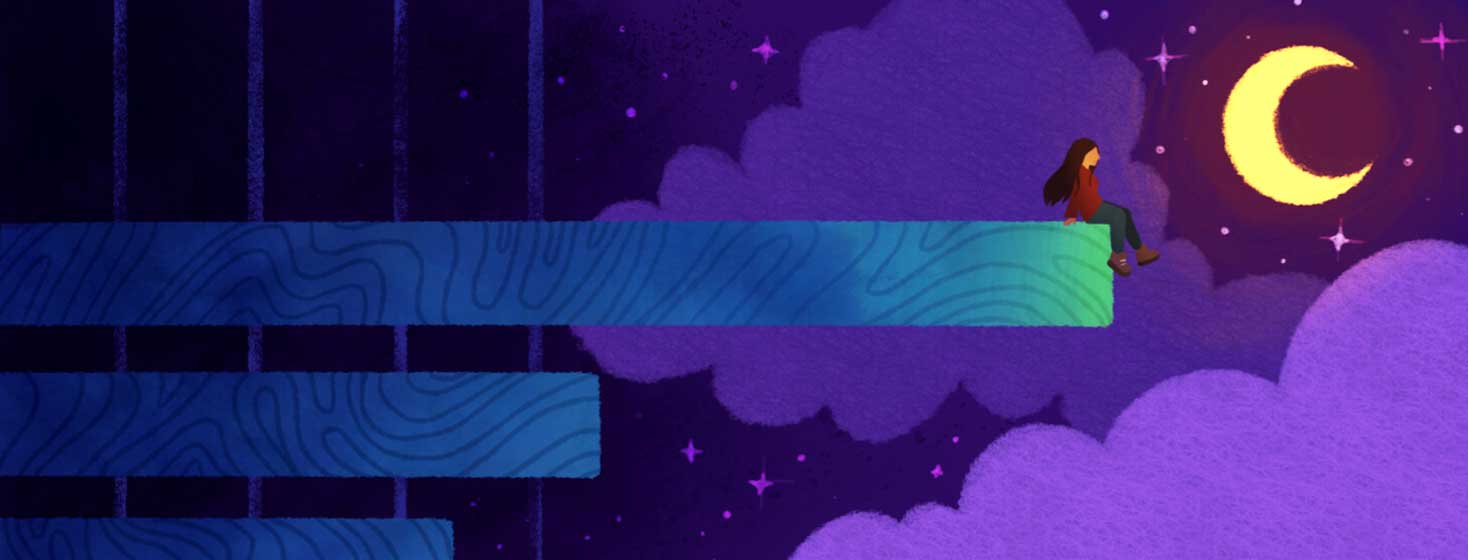An Advanced Breast Cancer Prognosis
For many newly diagnosed advanced breast cancer patients, the first thing they want to know once they are over the shock of the diagnosis is, what is my prognosis? Many use an online prognosis tool, using information about the diagnosis compared to data from large research studies to estimate prognosis. Five and ten-year survival rates, often presented in the form of graphs, can give life expectancy estimates.
Statistics
According to the National Cancer Institute, "Because statistics are based on large groups of people, they cannot be used to predict exactly what will happen to you. Everyone is different. Treatments and how people respond to treatment can differ greatly. Also, it takes years to see the benefit of new treatments and ways of finding cancer. So, the statistics your doctor uses to make a prognosis may not be based on treatments being used today."1
Finding hope
Caryn was diagnosed with ER+/PR+, HER2- IDC in August 2011. She had a bilateral mastectomy, radiation to bones, and is taking Aromasin as a hormone suppressant. Essentially stage IV de novo, she was naturally concerned about her prognosis and felt her doctors were being very honest with her when they said that they would make no predictions. However, she thought that her limited metastases might bode well in her survival. This gave Caryn hope and calmed her tremendously. She thought, "I think I might have lived my life differently if I'd been given an expiration date".
Caryn kindly agreed to answer a few questions about the natural concerns she had about her prognosis.
What were your biggest concerns and fears on diagnosis?
My first thought was what this would mean to my longevity. Yes, I was so naive that I wasn’t quite sure what stage IV actually meant. Once I fully understood what I was facing, I just decided to go day by day. I had no particular fears other than pain. I think I would have been more freaked out if my children were young, but they were adults already. Honestly, unless something I feared was imminent, I worried very little. Fear and worry were not going to change anything.
How curious were you about your prognosis?
I would say I was moderately curious. I knew that overall survival statistics were not predictive of my individual situation. My radiation oncologist said I would live a long time because the cancer had spread to my bones only. Beyond that, I simply couldn’t spend too much time looking at dismal historical statistics. No one has a crystal ball so I would just keep living until I couldn’t.
Did you search online to confirm any estimate your medical team may have given?
No, because my wonderful medical team never gave me any time limits. I had a single bone met so I doubt anyone would have put a time limit on that.
Did you feel you had enough psychological support about your prognosis?
Yes. Support groups were offered, a social worker spoke to me about the support she could offer, and an open referral to a psychiatrist was put in place.
What advice on prognosis would you give to a newly diagnosed patient?
Obviously, the extent of one’s disease would change my advice to a certain extent. In general, I would say to not get ahead of yourself. Stay away from the what-ifs or the worst-case scenarios. Deal with the information you know for sure today and don’t speculate on things you don’t know.
Not a guessing game
Setting end-points in someone’s life really is a guessing game. Bear in mind that so much depends on how a patient responds to the various treatments and, importantly, the new life-extending treatments that are in the pipeline. When I naively asked my oncologist, was I cured, she replied, "not until every cancer cell is out of your body." "How many of those are there", I asked. "Billions," she said. One thing she added, I have never forgotten: "Never have any preconceived notions about any aspect of your diagnosis, treatment, or prognosis." This really has reduced my psychological burden.
For Caryn, while the stress of watching the clock tick toward an endpoint was anxiety-provoking, she posted, "here I am 10 years later and not even close to expiring."

Join the conversation